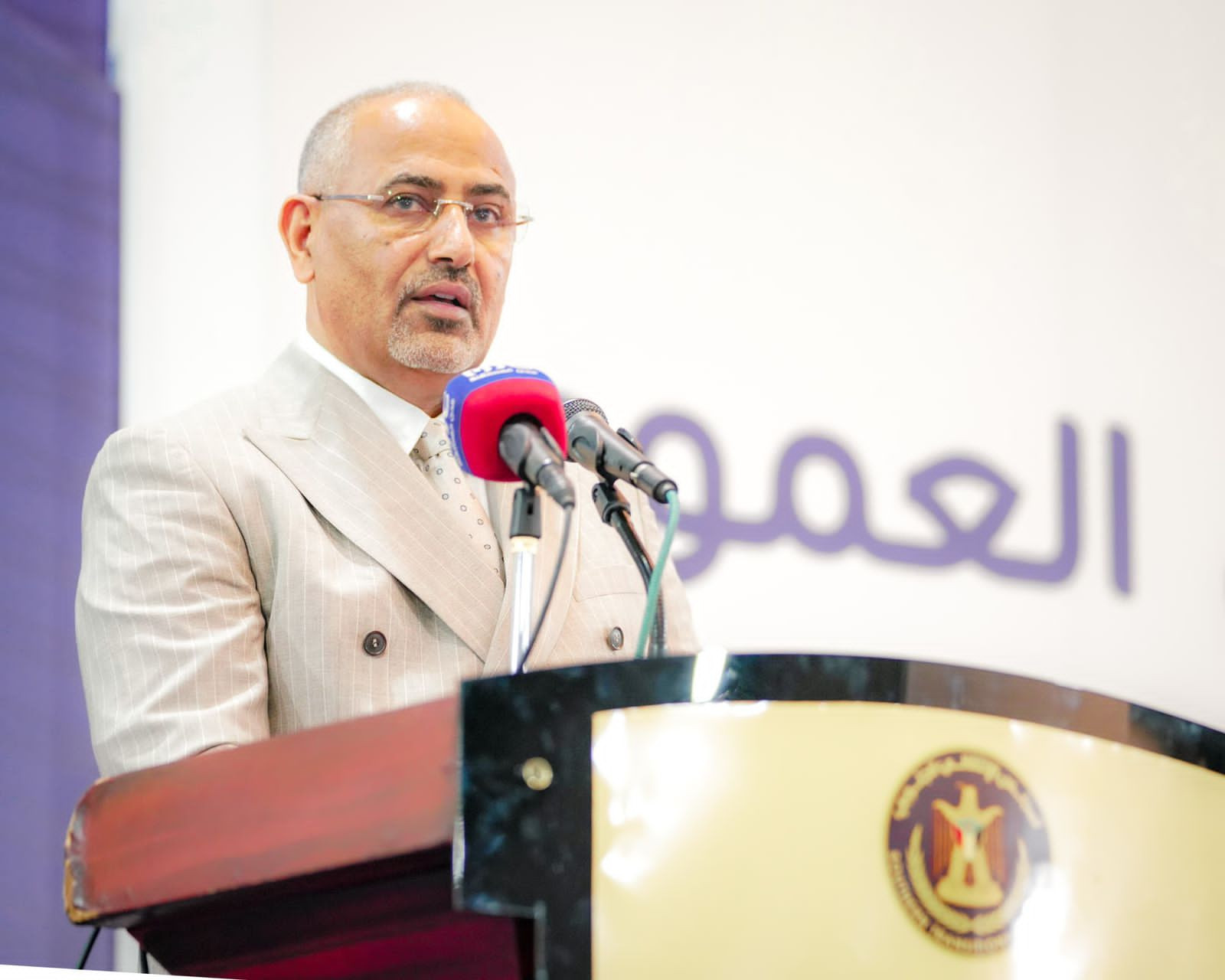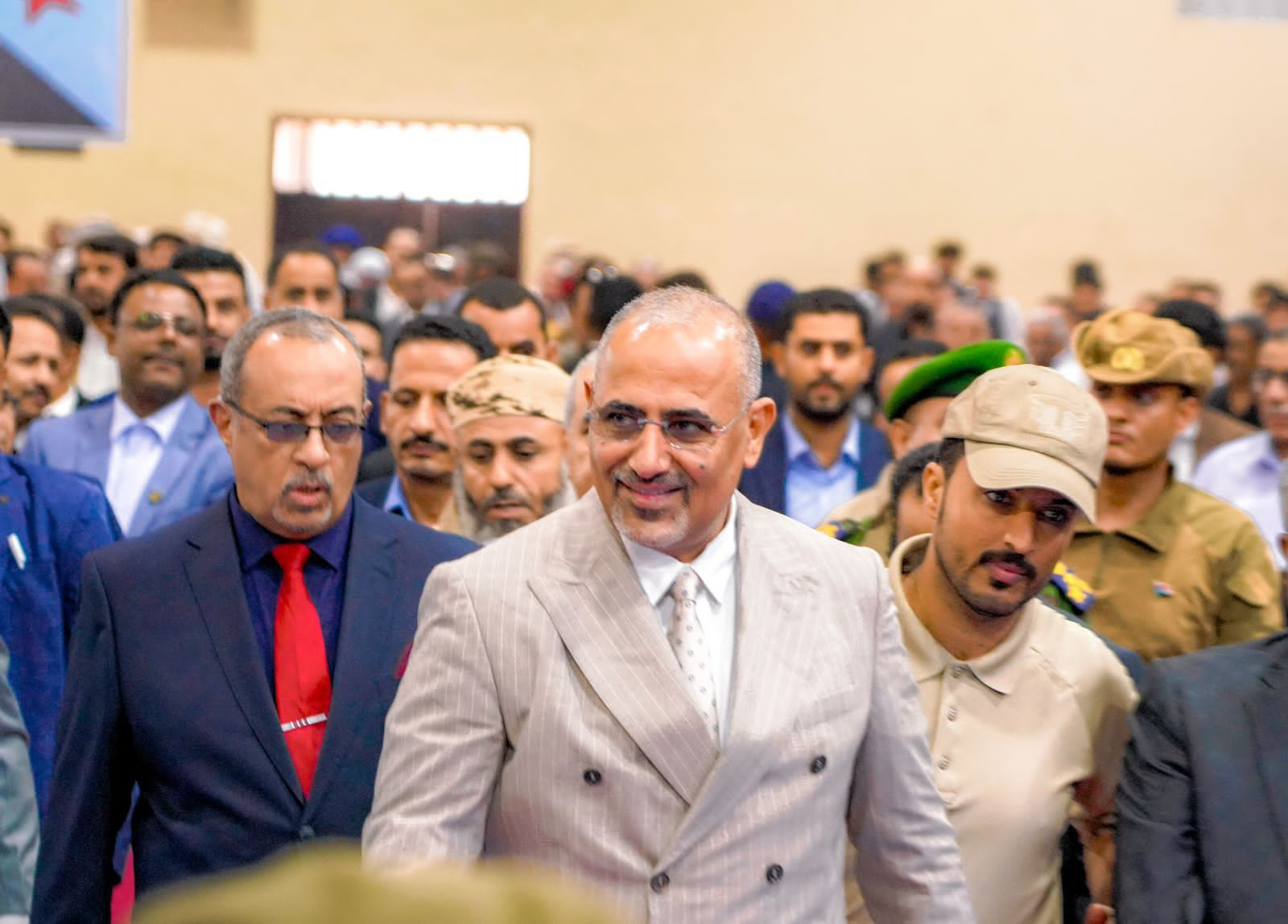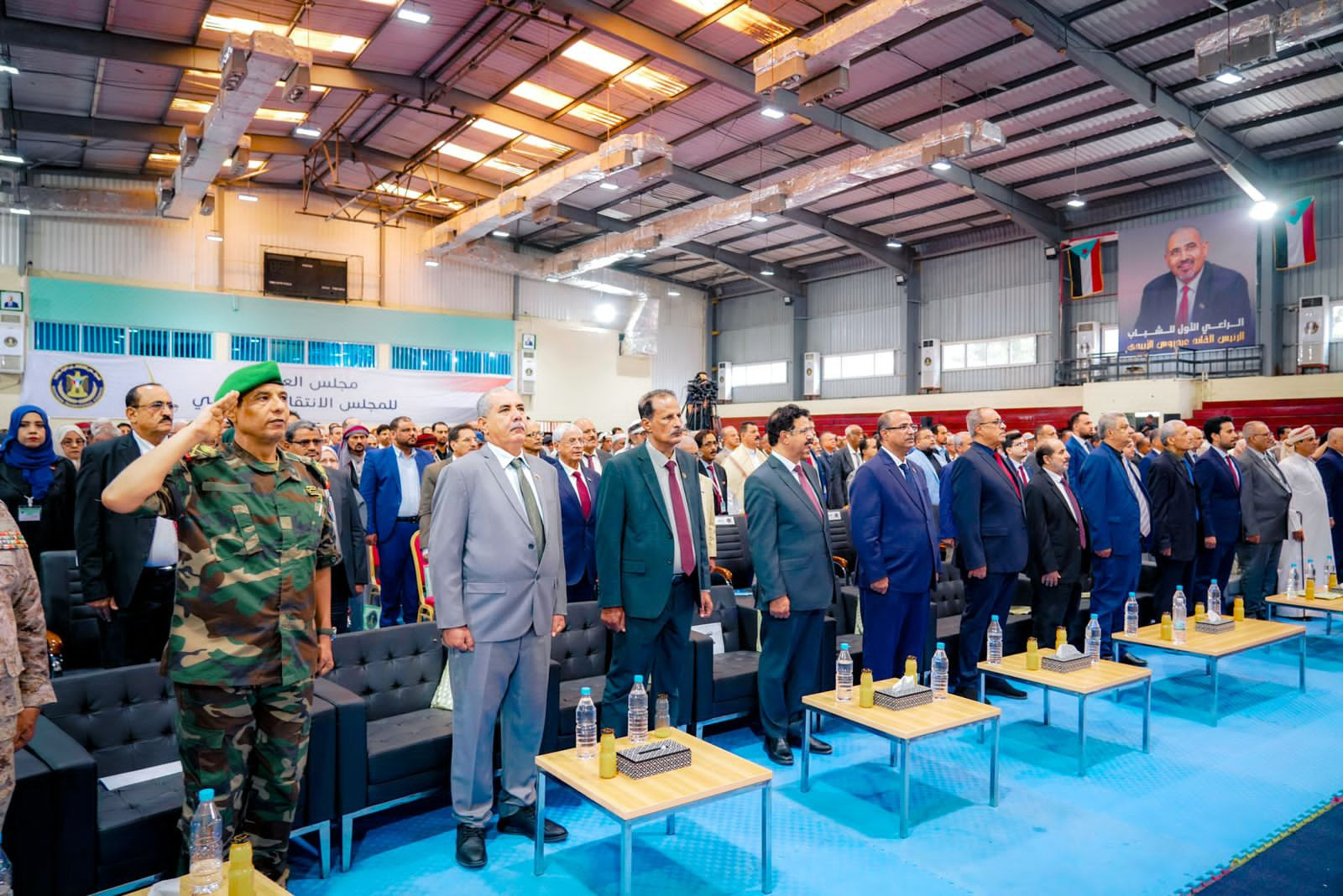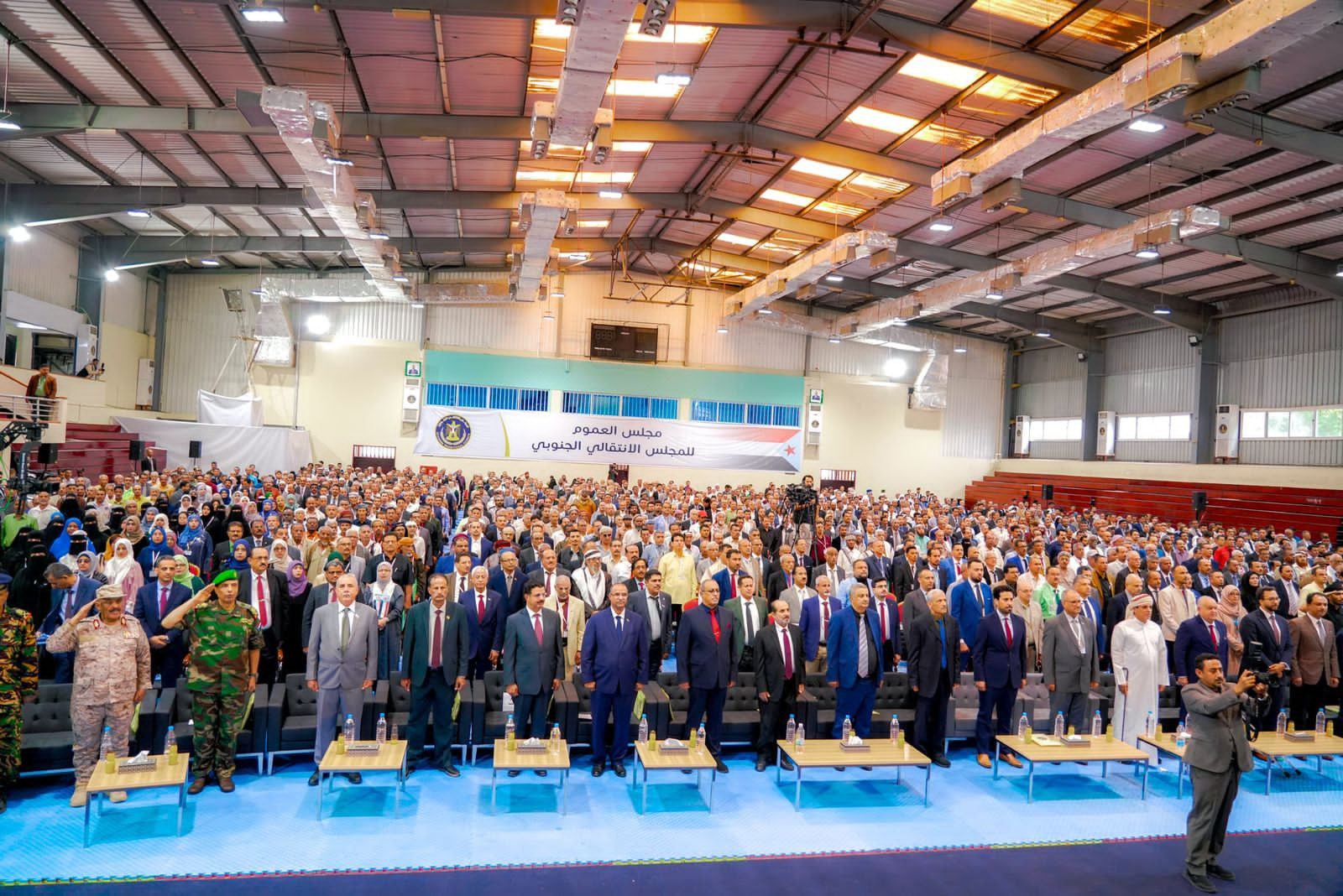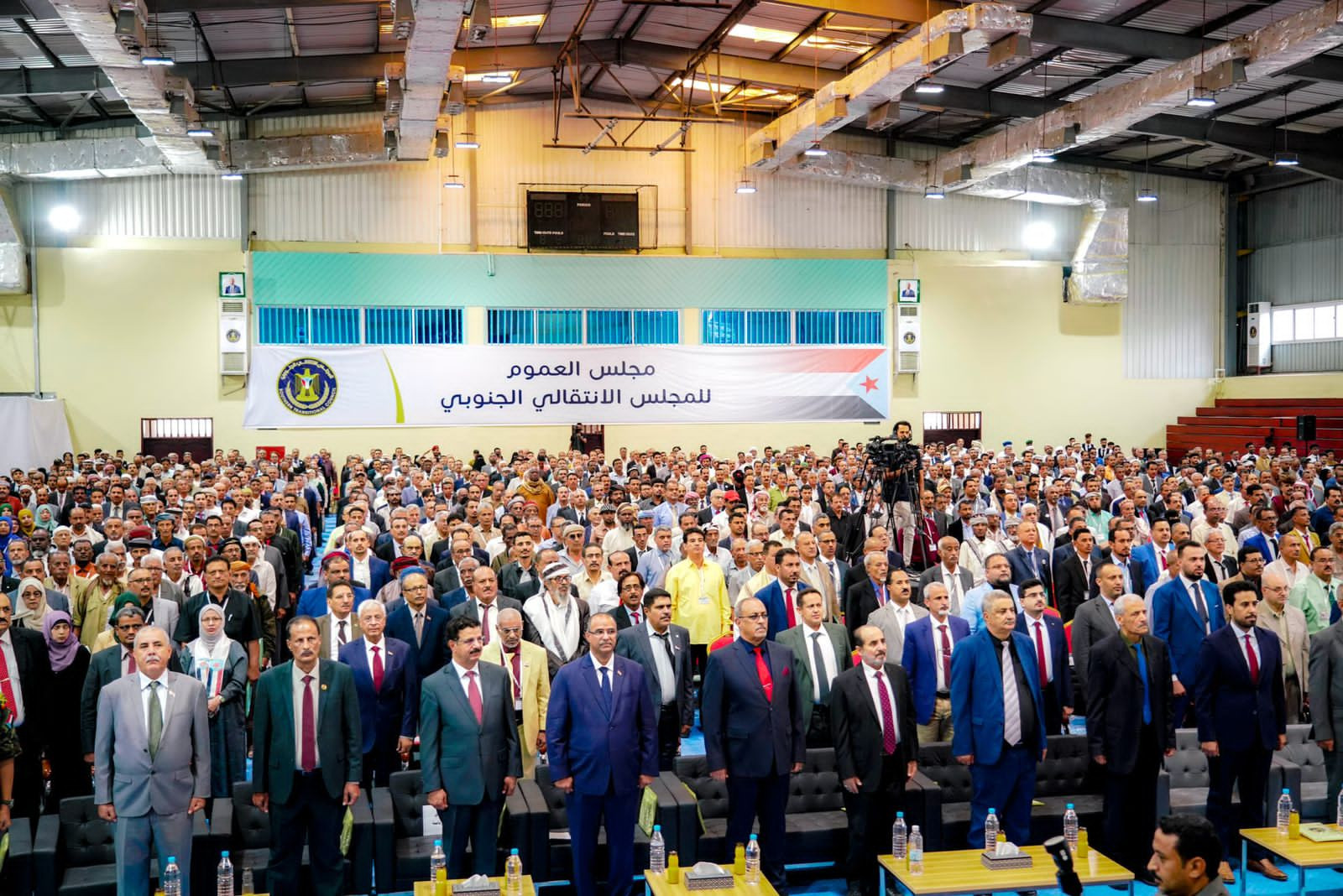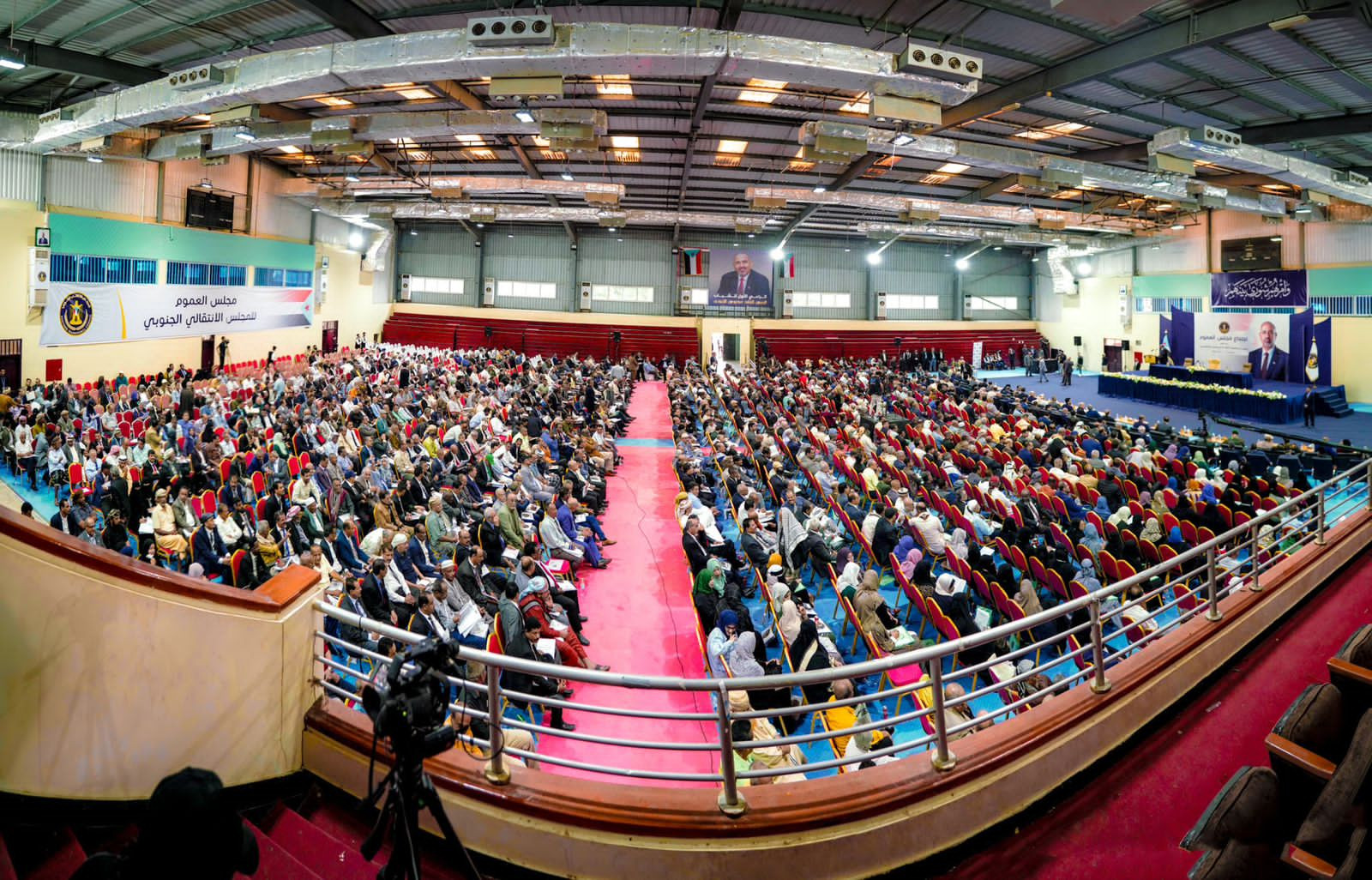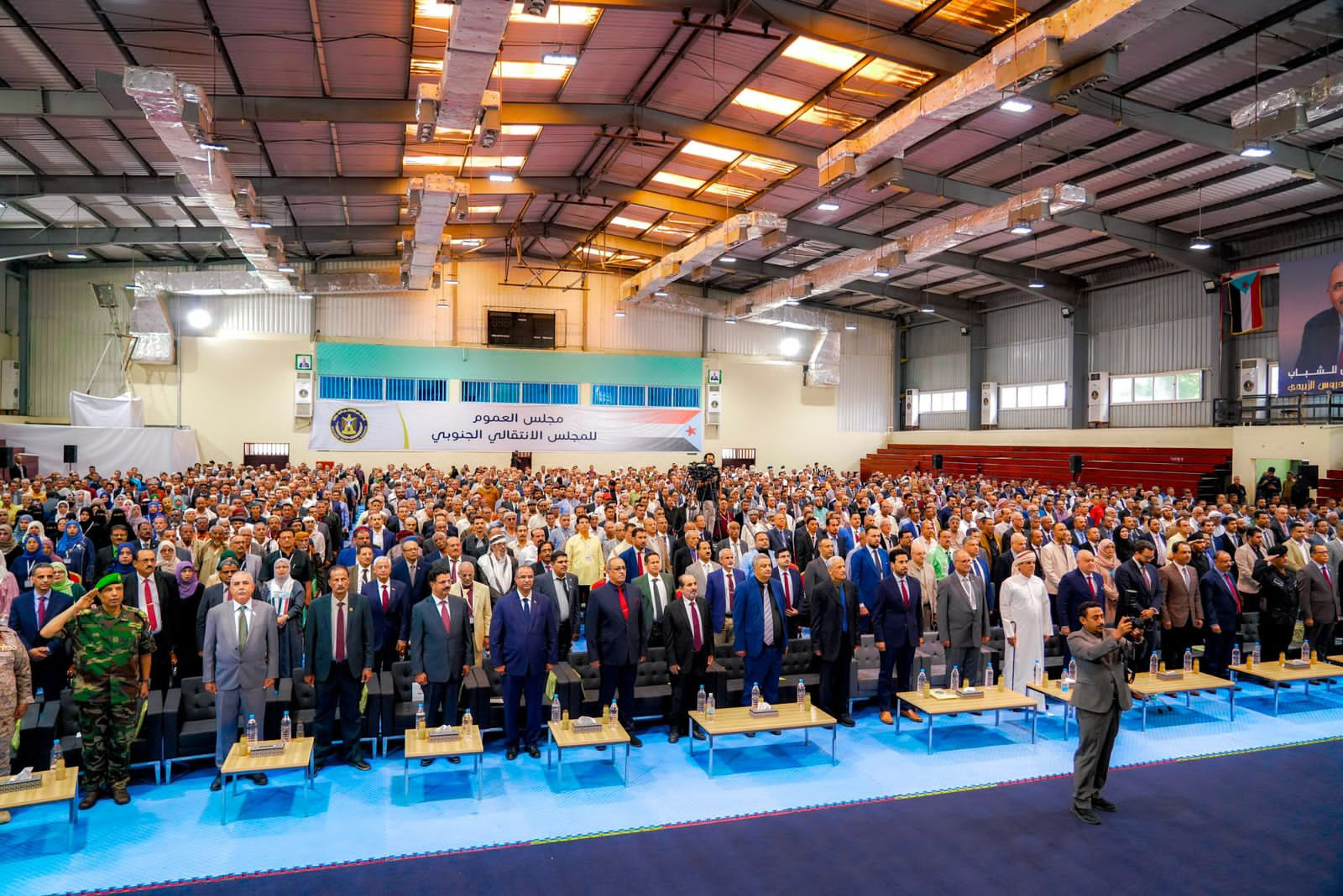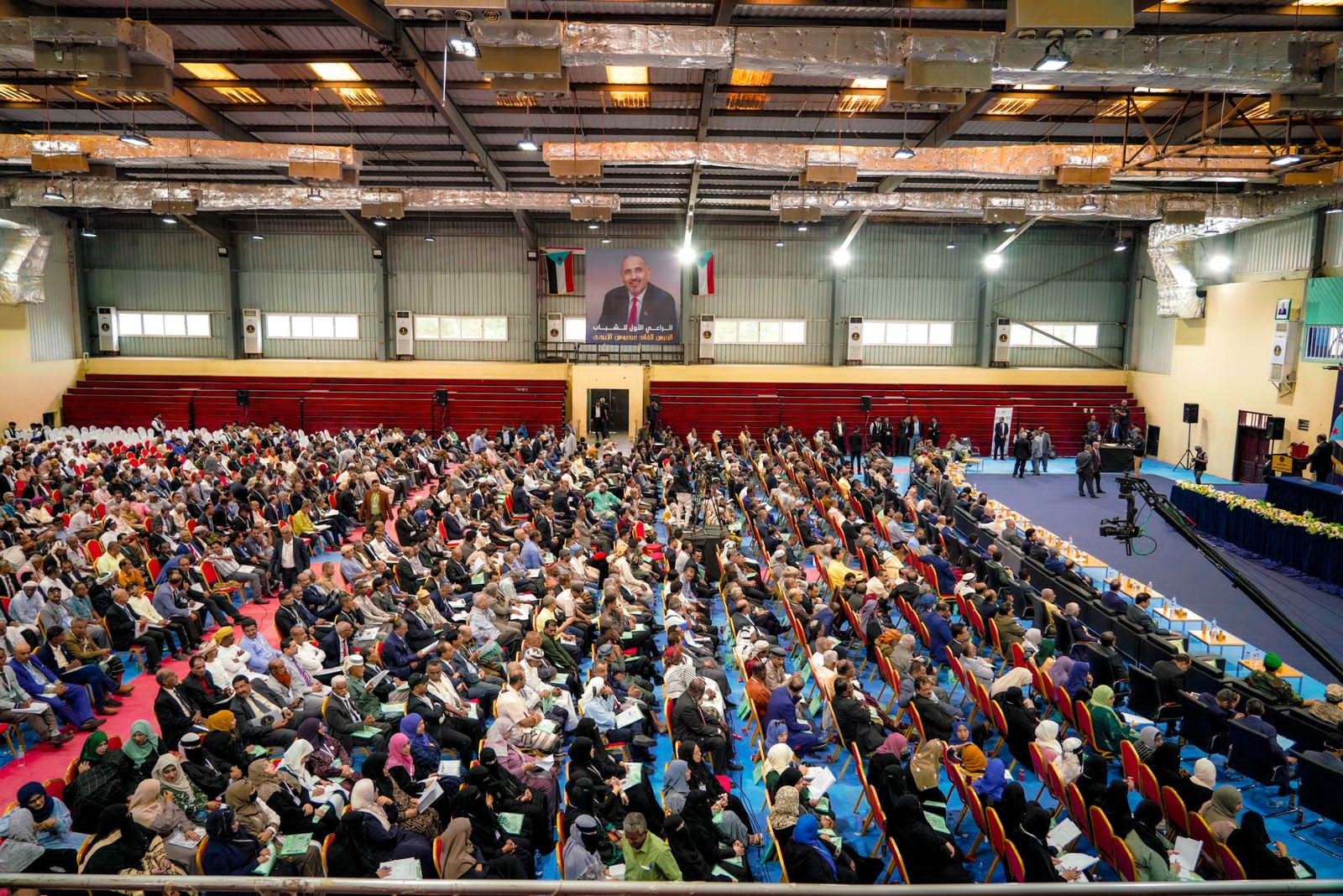President Al-Zubaidi Congratulates Lebanese President Joseph Aoun on Independence Day
President Aidarous Qassem Al-Zubaidi, President of the Southern Transitional Council (STC) and Vice...
Yesterday, in Aden, Major General Aidaroos Al-Zubaidi, President of the Southern Transitional Council and Vice President of the Leadership Council, inaugurated the STC House of Commons. a momentous event that marks a significant turning point in the region's tumultuous history.
This development is not just a political milestone; it is a historic moment that encapsulates the aspirations and struggles of the people of South. The STC, established in 2017, has its roots in the legacy of the People’s Democratic Republic of Yemen, which governed the South from 1967 to 1990. The dissolution of that state and the subsequent unification with North Yemen in 1990, although a landmark event, sowed the seeds of conflict that erupted in the invasion of Aden in 1994, proceeded by North Yemen’s full occupation of the South to implement unity by force.
The STC House of Commons inauguration represents a critical juncture in the South’s history. It symbolizes a reassertion of the South's distinct identity and socio-political ambitions. This new chamber unites the Presidency of the STC, its National Assembly, and the Council of Advisors, positioning itself as a pivotal body to address pressing issues and make crucial decisions for the South (South Arabia).
The significance of this event underscores the complexities of national unity and the challenges of political integration. The growing movement in the South advocating for a return to their pre-1990 independent state reflects deep-seated grievances and highlights the flaws in the initial unification process.
What is the Southern House of Commons?
The Southern House of Commons, established by the President of the Southern Transitional Council (STC), General Aidarous Al-Zubaidi, inaugurated today, January 2, 2024, in Aden, is a significant political assembly within the structure of the STC. This council embodies a comprehensive representation of the Transitional Council’s various entities and plays a pivotal role in the governance and future decision-making for South. Its composition includes:
1. The Presidency of the Transitional Council: This body represents the STC's executive leadership, including the president and vice presidents.
2. The Supreme Executive Leadership of the Transitional Council: This branch oversees the executive functions and ensures that the council's decisions are implemented effectively.
3. The General National Assembly of the Transitional Council (Parliament): This assembly represents a broader membership of the STC, functioning as the legislative body, discussing, and creating policy.
4. The Council of Advisors of the Transitional Council: This group comprises experts and advisors who provide guidance and recommendations on various issues, ensuring informed decision-making.
The House of Commons' primary responsibility is to deliberate and make crucial decisions concerning the South, particularly those involving sovereign jurisdiction. This responsibility positions it as the most significant and expansive political body within the STC, reflecting its central role in shaping the political landscape of the South.
Moreover, the House of Commons is integral to reinforcing national partnerships in the South, bringing representatives from all various provinces and cities in the South. It is tasked with critical future responsibilities, such as approving vital decisions regarding the state of the South. Significantly, it is responsible for the approval of the formation of the National Committee for Drafting the Constitution and the Supreme Committee for Elections and Referendum in the South. These roles underscore its critical function in shaping the constitutional and democratic framework of the South.
The Southern House of Commons is a central and comprehensive body within the STC tasked with making significant decisions that will shape the future political and social landscape of the South. Its establishment marks a crucial step in the South’s pursuit of self-governance and underscores the ongoing efforts to establish a distinct and sovereign identity for the South.
